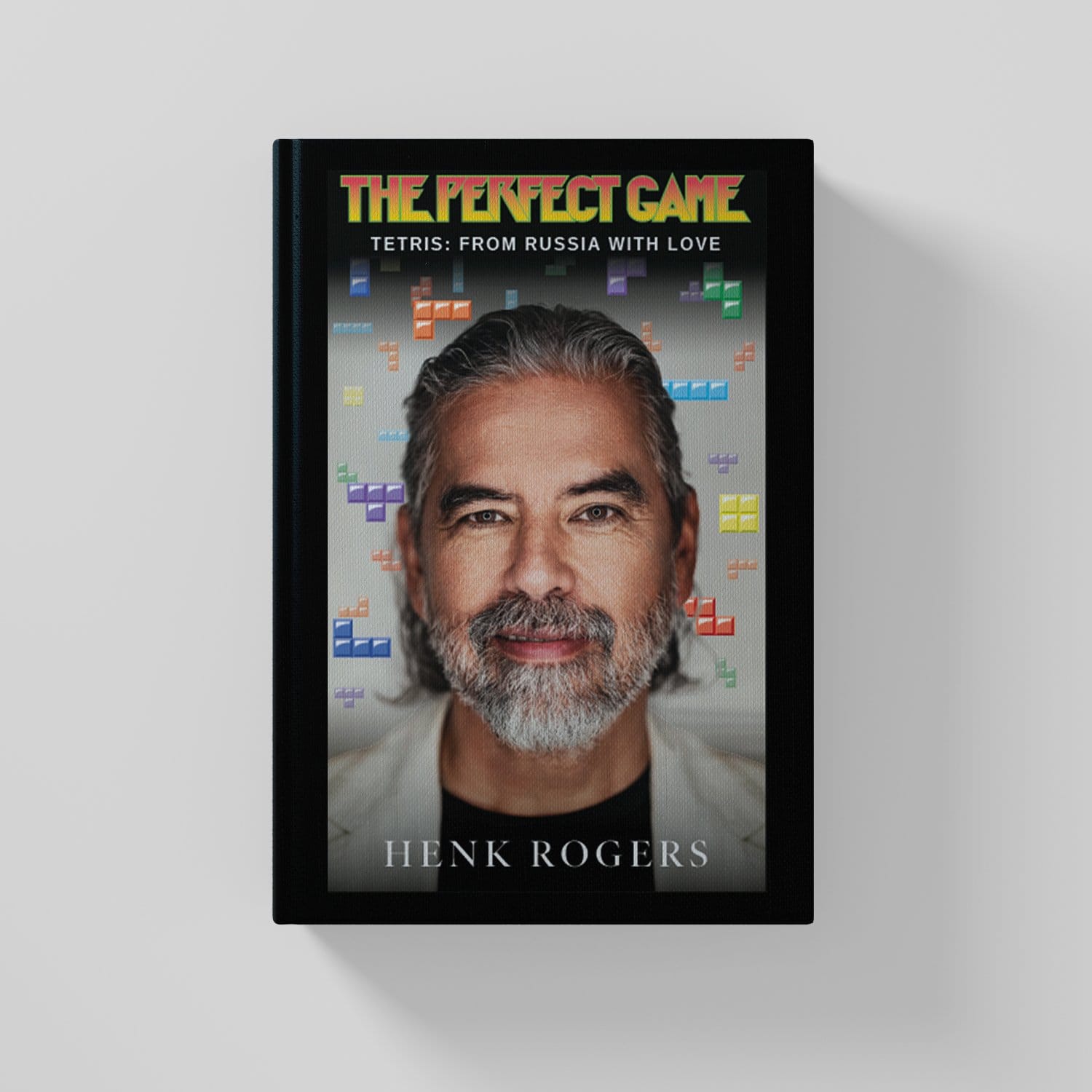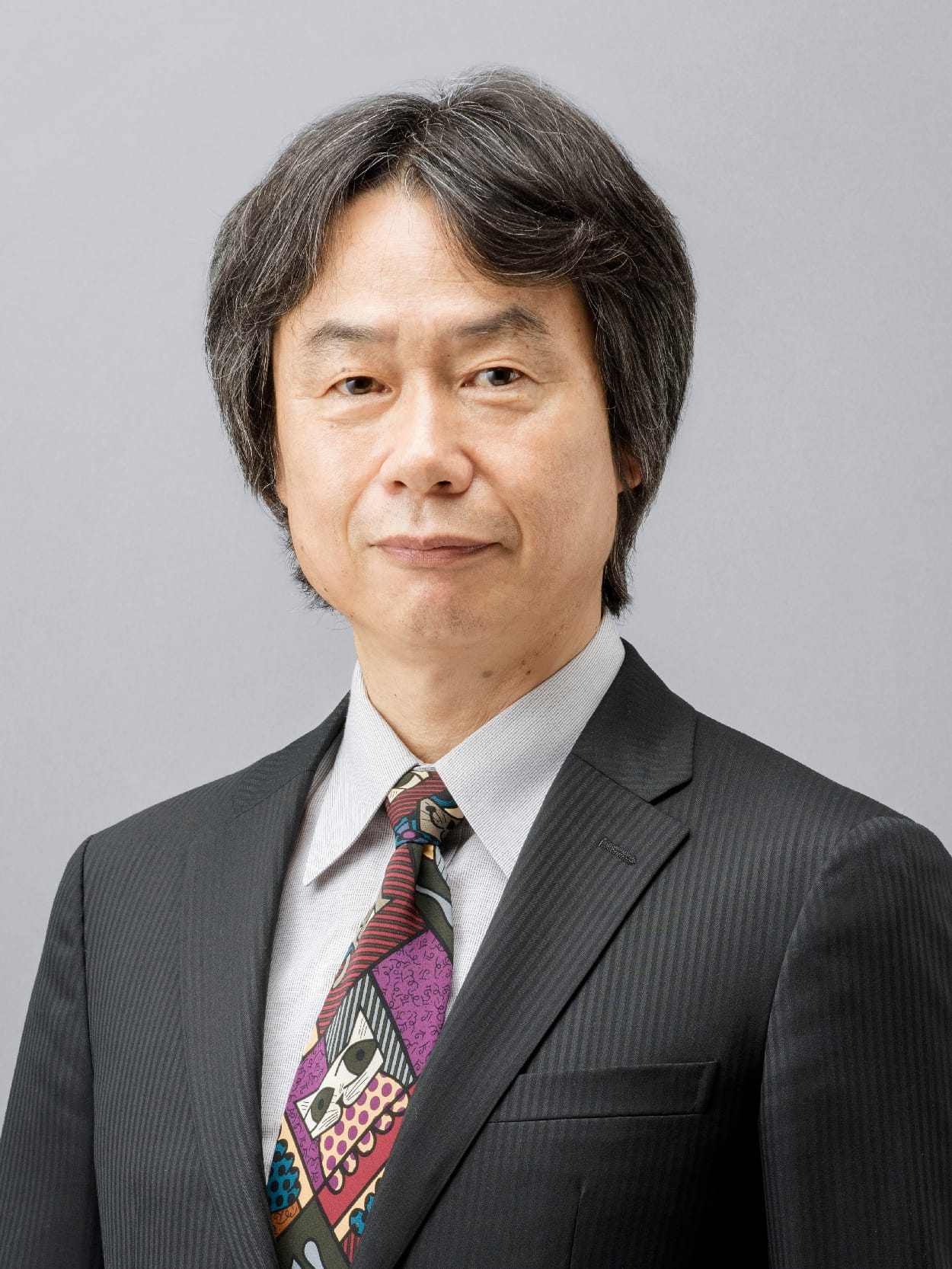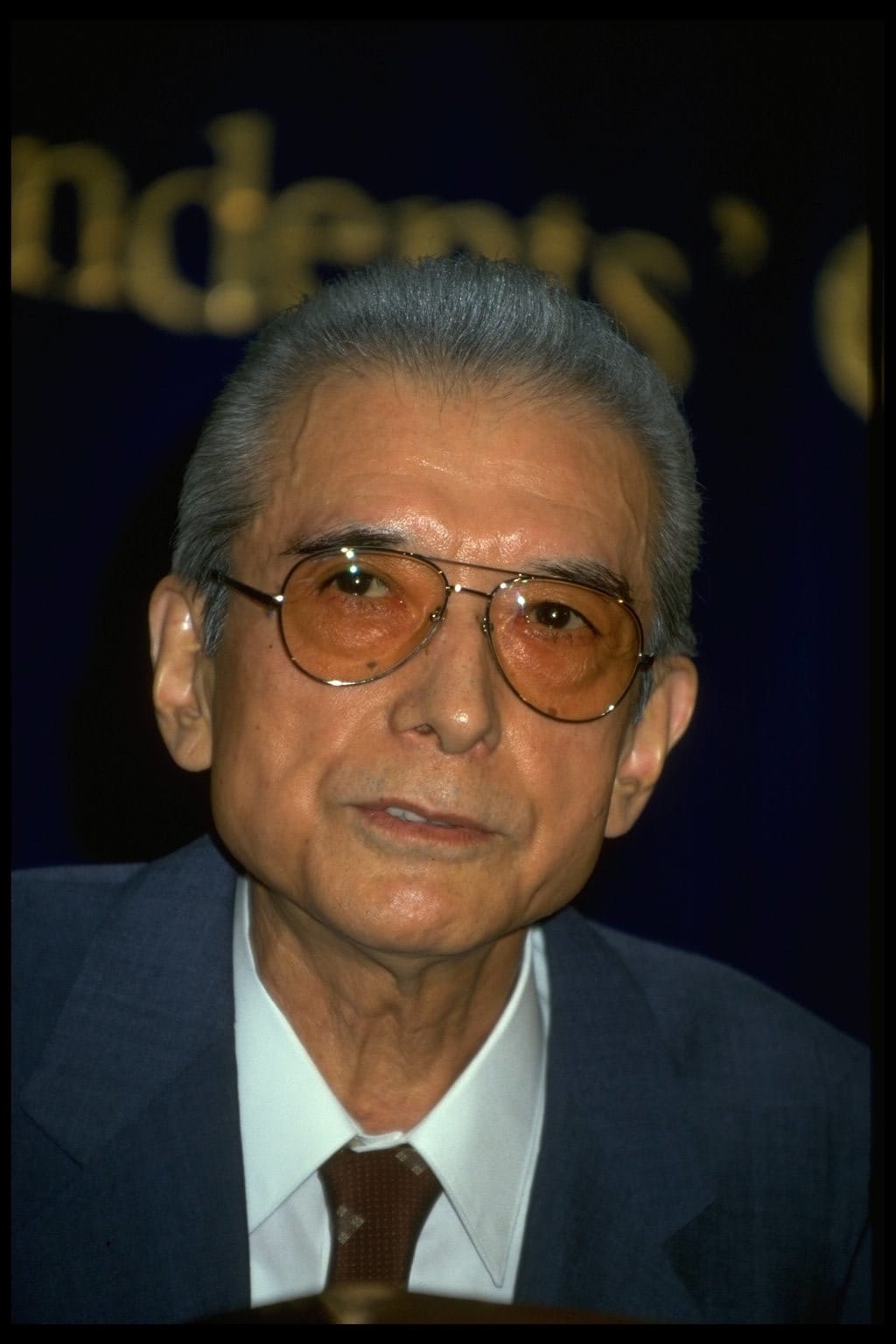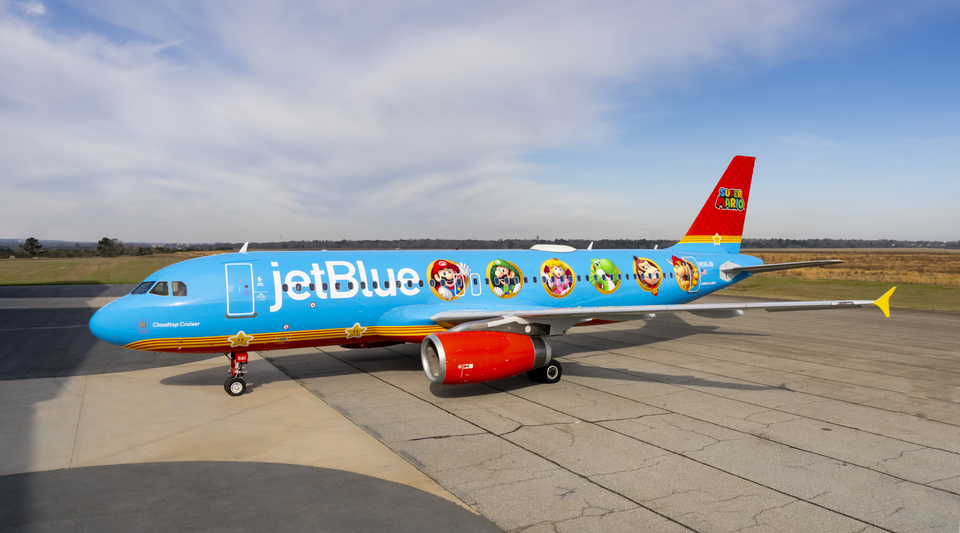How Nintendo’s Accountants Helped Secure Tetris: Miyamoto’s Seal of Approval

When Office Workers Became Product Testers.
Henk Rogers’ recently published memoir, The Perfect Game, offers a fascinating glimpse into the high-stakes world of 1980s video game publishing, particularly his pivotal role in bringing Tetris to the global masses. One standout anecdote reveals how a quick check-in with Nintendo’s rank-and-file staff, relayed by none other than Shigeru Miyamoto, convinced the notoriously tough president Hiroshi Yamauchi of the game’s potential.

Rogers, a Dutch-born entrepreneur based in Japan, found himself in a bind. He believed Tetris was destined for greatness, but initial orders for the NES cartridge version were languishing around 40,000 units – far short of the 200,000 he felt were needed for a proper hit. Seeking intervention, Rogers leveraged his unique relationship with Yamauchi, built partly on a shared appreciation for the board game Go, to ask for help.
Yamauchi, known for his autocratic leadership style yet keen eye for innovation, summoned his star game designer, Shigeru Miyamoto, for an expert opinion. Was Tetris truly any good? Miyamoto’s affirmation wasn't based on complex design theory, but simple observation. 'Well, because your secretaries and accountants are all playing at lunchtime and after work,' Miyamoto reportedly told Yamauchi, 'and that's never happened before.' This candid insight proved decisive.

Yamauchi immediately ordered his managing director, Hiroshi Imanishi, to grant the game the Nintendo Seal of Approval and instruct distributors to increase their orders. Imanishi, perhaps foreseeing the bureaucratic headache, managed to sidestep the official 'Seal' request but dutifully leaned on distributors, securing the game's initial success on the NES. This pivotal moment, sparked by the game’s addictive pull on Nintendo’s own office staff, underscores the unconventional path Tetris took to becoming a phenomenon.

Of course, Yamauchi soon grasped the game's full potential and attempted to buy Tetris outright from Rogers, an offer firmly rebuffed. Rogers recounts Yamauchi then tasking his teams, likely including Game Boy creator Gunpei Yokoi's unit, to create a competitor – resulting in 1990’s Dr. Mario. While a decent puzzler in its own right, Rogers amusingly notes his irritation at the "blatant attempt" to replicate Tetris's magic, concluding philosophically, "that's business." It’s a reminder that even legendary partnerships have their moments of sharp-elbowed competition, especially under the formidable reign of Hiroshi Yamauchi.
Stay updated with the latest news by subscribing to our newsletter. Follow us on X, Bluesky, YouTube, and Instagram.

